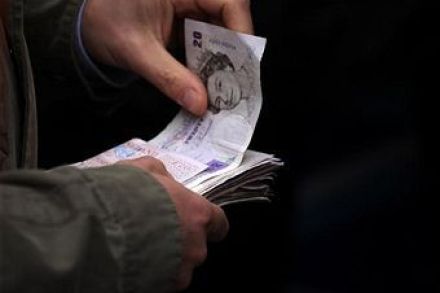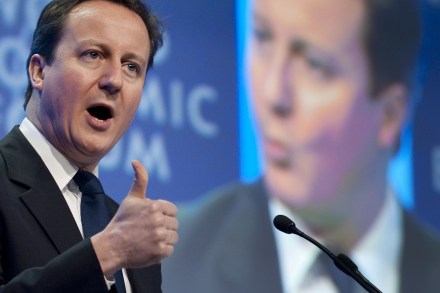Going for growth
The government says it has a growth strategy. Speaking to the Confederation of British Industry’s annual conference last October, the prime minister said his government would adopt a “forensic, relentless focus on growth” in the coming years. The strategy has three elements: creating a framework for enterprise and business investment; directing resources into areas where Britain has a competitive advantage – such as wind technology; and making it easier for new companies and innovations to flourish. But for all this and the denunciation of Gordon Brown’s legacy, the coalition still seems to be reading from a core part of Labour’s pre-crisis script: businesses are spoken of primarily as agents for



















